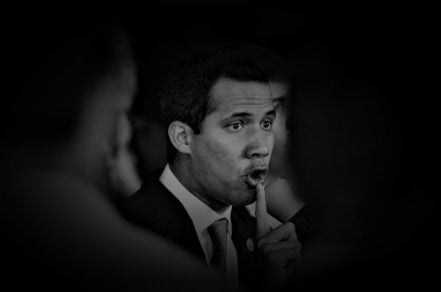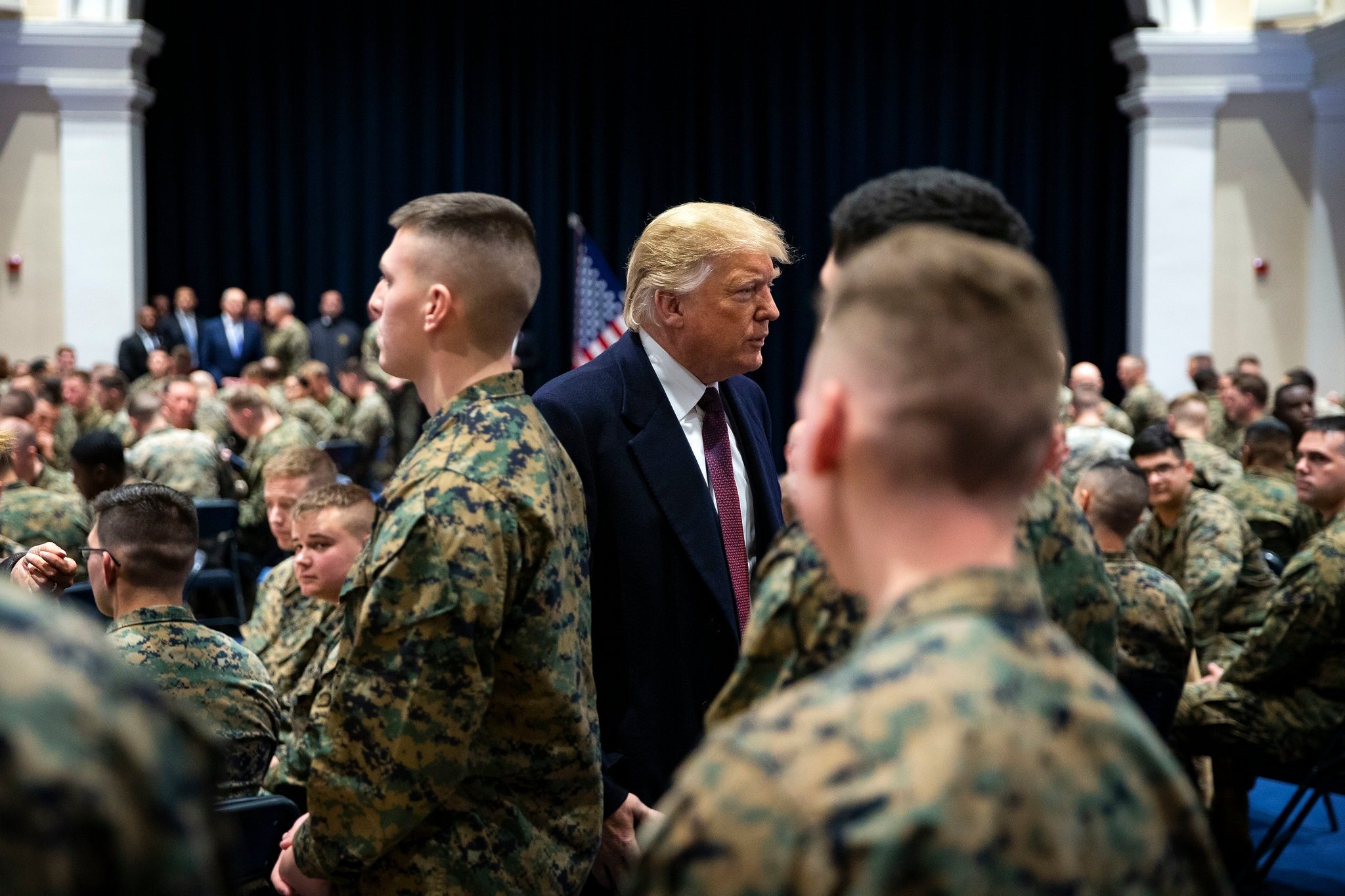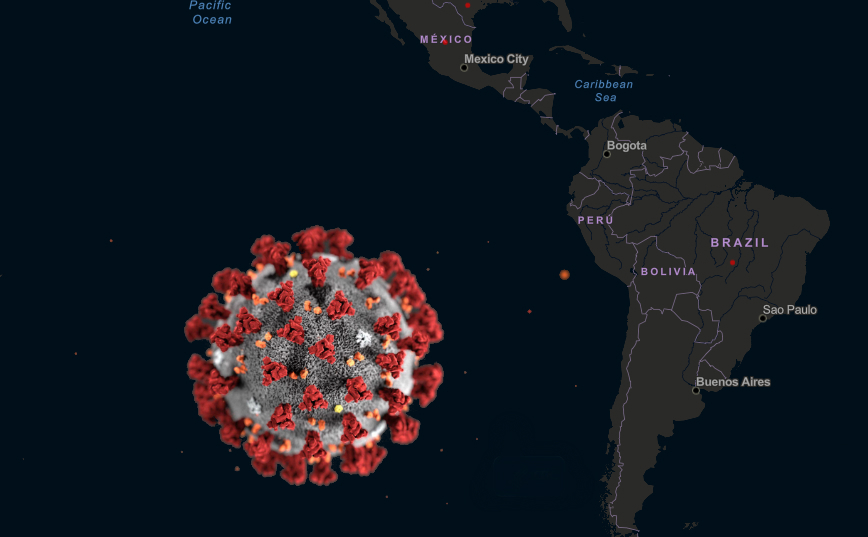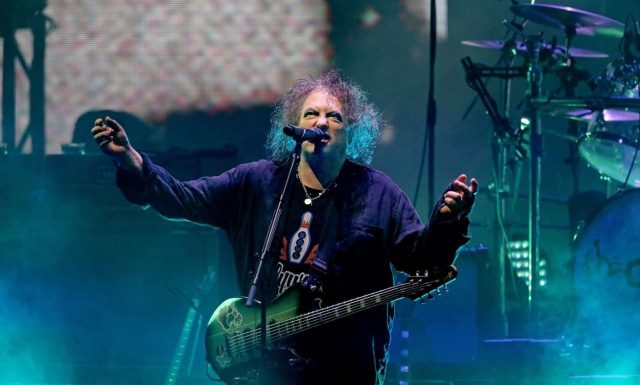Last Sunday, June 7, the Spanish newspaper El País, a journal with a marked editorial line towards the extreme right and a consequent disseminator of the ‘dirty war’ campaigns against Venezuela and the Government of Nicolás Maduro, published an article in its International section referring to Juan Guaidó’s decomposition process, his weaknesses and failures.
«The most difficult hour of the Venezuelan opposition» is the article in El País, written by Alonso Moleiro, which highlights how Guaidó’s bad actions have generated rejection in his own sympathizers, leading him to a resounding fall in support of his image, as well as his almost null capacity of convening to mobilize protests on the streets.
According to Moleiro, the «Chavismo» is «consolidating itself», while «the pandemic, the demobilization, and the mistakes have taken away oxygen from Guaidó».
In this sense, he indicates that Guaidó managed «less than three months ago, after returning from a tour of the United States and Europe», to revitalize his image, although when he arrived in Venezuela he was literally beaten by Venezuelans who expressed their rejection to him and called him a traitor for going abroad to promote the application of unilateral coercive measures against the population, which the extremist opposition, the European Union and the United States regime call «sanctions».
Moleiro recalls that «a revitalized Juan Guaidó» presented «the country with the ‘national statement of conflict’, a new initiative to pressure Nicolás Maduro with a transition plan anchored to demands so as to improve the deteriorated living conditions in Venezuela».
But, that plan, which according to Moleiro «was answered with a new concentration on the streets», in real terms, had no impact on the opposition and the attempts to call for mass concentrations came to nothing.
The only certainty of this international tour of Guaidó is that it managed to intensify the total blockade against Venezuelans, with strong restrictive measures, such as prohibiting the import of gasoline, chemical additives and spare parts for national fuel production -in the midst of the COVID19 pandemic- and also that US companies such as DirecTV and Zelle unilaterally decided to stop providing services to the population, causing a very negative impact on the already worn out extremist opposition.

Guaidó in a tailspin and with no convening capacity
«Three months later, in full confinement due to the coronavirus pandemic, amid restrictions and an unprecedented fuel crisis, the Guaidó project is more stagnant than ever», says the article, which also considers that «the failure of Operation Gideon, a crazy attempt at a maritime incursion that had the objective of overthrowing the Government, has hurt his credibility (…) His image has plummeted, according to surveys, and there are no options so as to call a protest», adds the Article.
Moleiro indicates that Guaido’s followers have «resigned», they prefer to dedicate themselves «to their domestic affairs» and, according to him, «there is a (…) climate of mourning and withdrawal» from political activity.
«Opinion studies report a drop in the expectations of political change. Guaidó’s popularity, which surpassed 60% of the population a few months ago, today perhaps reaches half», he adds.
In the same article, in the face of Guaidó’s resounding fall and “although a change of leadership seems ruled out, at least for the moment, the volume of voices calling for a change in strategy increases. One of those voices, the former presidential candidate Henrique Capriles Radonski».

He has acted with immense irresponsibility
According to Jesús Seguías, political analyst and director of the Dataincorp firm, quoted in Moleiro’s article, «The United States put Guaidó on a brilliant proposal and he has misinterpreted it».
«Guaidó has not yet renounced to a violent exit. A path that is unfeasible and that the majority does not want in Venezuela. He has acted with immense irresponsibility. He has not been mature enough to lead this process and must seriously reflect on his next steps», Seguías says.
In this regard, he adds: «What is salvageable of the proposal of the United States [that proposes that both Guaidó and Maduro step aside] is that it has been a recognition of the adversary, a contender who is stronger than he was supposed to be, with a excellent intelligence apparatus and of social control over the population. The Armed Forces are a neutralized body at this time. If the United States has the power, and can play a pressure role, Guaidó’s duty is to open up to a negotiation and create bridges for an understanding”.
Meanwhile, Moleiro’s article recalls that at the end of the year there will be parliamentary elections and acknowledges that «the Maduro Government is already preparing», as well as the democratic opposition that has become the option of the population that identifies itself with the opposition that is not linked to the radicalism and seditious extremism that Guaidó represents.
According to Moleiro, these sectors of the opposition not linked to Guaidó are a «minority», a narrative that obeys the editorial line of El País and Guaidó, but it reflects how deeply divided the opposition sector to the Maduro government really is.
However, these same sectors of the ‘minority’ opposition are the ones that managed to remove Guaidó from the presidency of the National Assembly, in the so-called ‘rebellion of the regions’, when a majority of opposition deputies decided to choose a new directive for the Parliament, currently chaired by Luis Parra, a deputy elected by the Primero Justicia party who disassociated himself from the seditious actions of his own organization that became an extremist group that promotes the total blockade of the country.
In fact, the United States recently decided to «sanction» Luis Parra and the rest of the leadership of the National Assembly for preventing Guaidó from being reelected in the parliamentary presidency.

Scattered, haughty and nobody takes him seriously
Moleiro adds that «the writer and academic Colette Capriles» maintains that Guaidó «has to make decisions to restore confidence among its allies. This is an opportunity that he must learn to use. Abandon unilateralism. Distribute the game, expand the platform of his alliance. The emergency government he has announced must be taken seriously. The dispersion of efforts is what leads to anarchized exits».
The article highlights that in the midst of the pandemic there have been isolated protests for different reasons that generate the blockade of the country, these «cannot be politically channeled» by Guaidó.
He also stresses that Guaidó’s messages to Maduro on social networks «are still haughty.»
He also mentions the recent increase in fuel «which has traditionally been interpreted as a volatile and risky measure in the country», but which, despite having been applied by the Maduro government, did not generate any type of massive adverse reaction.














